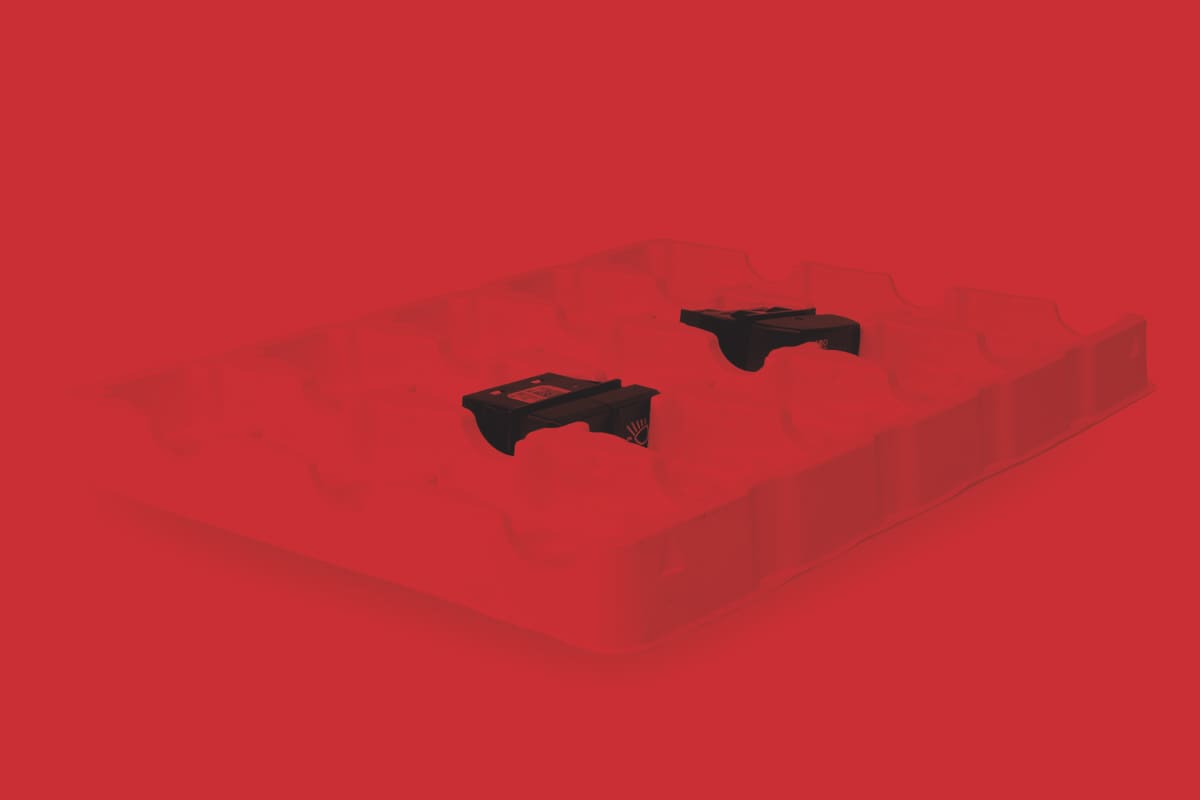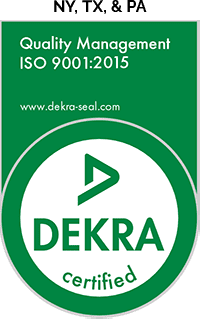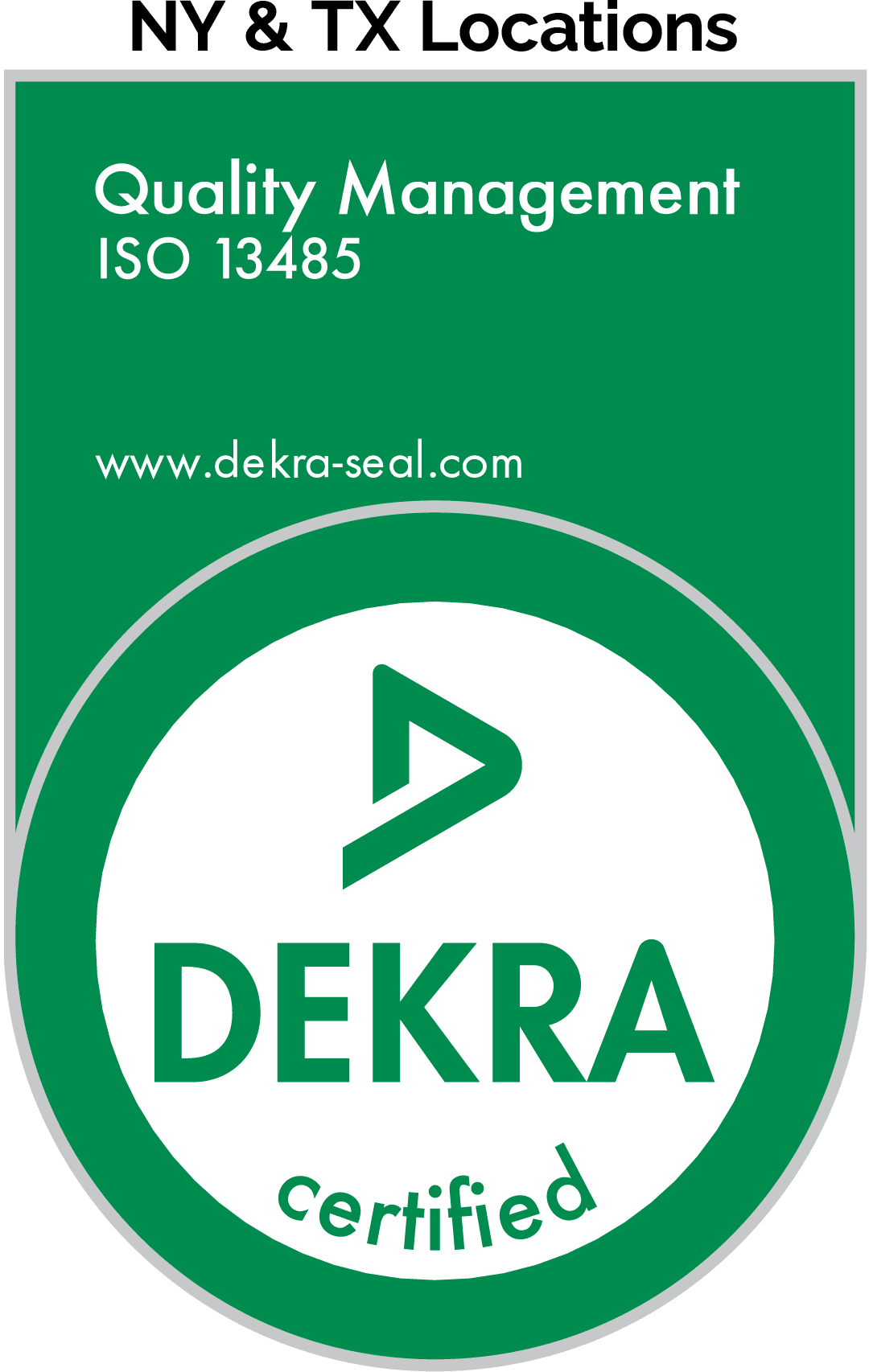Thermoforming automotive parts includes trays and other thermoformed containers used for electronic modules, accessories, and more. Thermoforming contributes to efficient inventory management and prevents damage during shipping. Moreover, their durability is particularly beneficial in safeguarding automotive parts sensitive to impact or environmental conditions.
The cosmetics and beauty industry leverages thermoformed trays in packing skincare products, cosmetics, and beauty accessories. Custom cosmetic packaging provides an organized and visually appealing presentation of items on retail shelves. They also protect delicate beauty products from damage and enhance the overall customer experience.
In electronics, thermoformed trays are commonly employed for packaging components such as circuit boards, semiconductors, and electronic devices. Electronic component packaging offers a secure and organized way to transport sensitive electronic parts, protecting them from static, moisture, and physical damage.
Thermoformed plastic trays provide a hygienic and visually appealing solution for displaying and transporting food products. They are often used for packaging fresh produce, meat, baked goods, and ready-to-eat meals. Their versatility also enables the creation of custom shapes and sizes to accommodate different types of food items, enhancing their market presentation.
The medical and healthcare industry extensively leverages the thermoforming process for packaging devices, surgical instruments, and pharmaceutical products. Thermoformed trays provide a sterile and protective environment for these delicate items, ensuring their integrity during transportation and storage. Their customization capability also allows for tailored solutions to meet various medical instruments’ unique shapes and sizes.
Thermoformed trays are widely utilized in the retail industry for displaying and packaging consumer goods. Custom retail packaging enhances product visibility on store shelves, attracting consumers with their transparent presentation. Consumer products ranging from cosmetics to electronics accessories benefit from thermoformed trays’ protective and aesthetically pleasing features.
- Aerospace
- Construction and building materials
- Defense and military
- E-commerce and logistics
- Educational supplies
- Horticulture and agriculture
- Jewelry and accessories
- Oil and gas
- Sporting goods
- Textile and apparel
- Toy manufacturing
- Wine and beverage



